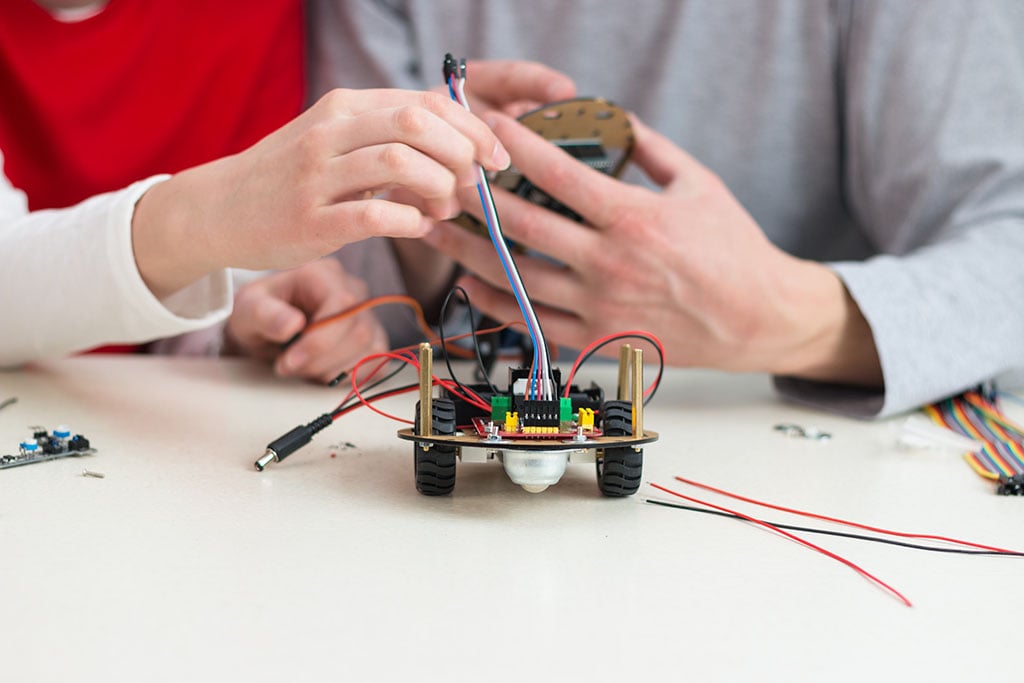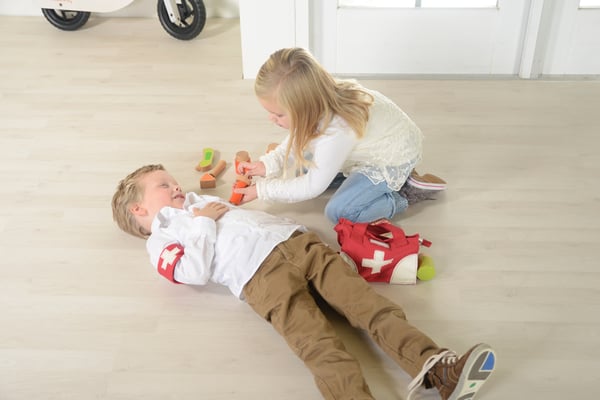
Many people don't know what they want to do even until near the end of school. Traditionally students don't experience any form of career development until they are in high school when they are choosing exam subjects. However, more recently, there have been moves in some countries to start talking about careers in primary school. Particularly before children become too set on gender stereotypes.
If seven-year-olds can be exposed to career development, why not five-year-olds? Should pre-schoolers have career development? Early childhood education can certainly help children to prepare for careers in a more general and less structured way.
Career development in pre-school?
It depends on how you think about career development. Pre-school may be too early for children to be put on set career paths and start learning for those specific careers. No one is going to tell a three-year-old they are going to be an accountant and make them do maths every day.
However, if you think of career development in terms of developing a sense of ideas around work and careers and developing interests, then pre-schoolers can surely think about their future.
Many toddlers and pre-schoolers will already have ideas on work and the types of jobs based on what their parents or other relatives do.
Through play, young children can further define themselves and their interests. Something that might start as fantasy may gradually become more rooted in reality and turn into a subject of interest.

A young child may start off riding unicorns as part of imaginative play, then think about horses and then develop an interest in helping animals - leading to a career as a vet. Other children might play as superheroes or everyday heroes like paramedics, police officers, or firefighters.
Reinforcing the role over stereotypes
At a young age, children are more open to exploring careers attached to gender stereotypes. Their play may allow them to experience a broader range of options. For example, both boys and girls may choose to cook in the play kitchen, nurse the dolls, use diggers in the sandpit, or play with the carpentry tools.
Educators can further enforce non-gender-based roles by pointing to current examples in the workplace. Talking about male chefs, women in science or military roles can be good conversation starters. The main idea is to open up a broader and more diverse range of careers for young children to consider while they grow up.
Pre-school can also help introduce children to careers through more structured activities. A trip to the fire station or a ride on a bus or a train, for example. A visit from a local nurse or a vet bringing some cute animals to the centre. Centres could even hold a "careers day" where children could dress up to represent their favourite job.
Free play vs academic learning
While play is at the core of early childhood education, there is continuous debate as to whether young children should receive more academic lessons. Nevertheless, studies show that children learn best through doing and working things out for themselves.
Good early childhood teachers can weave academic learning during playtime. Leaning can happen in many situations, like discussing shapes and colours during dress-up play or doing some maths in a baking session.

Soft skills for life
Soft skills are not academically related to any particular career, but they provide a sound starting point for success in any profession.
The development of soft skills will prepare children for any career they choose -even ones that don't exist yet! Quality early childhood education can help children develop a range of skills that will help them later in life, including:
- Adaptability and problem-solving
- An openness to learning new things
- Working with others
- Time management
- Self-management
- Communication
- Responsibility
- A sense of self-worth and self-esteem
At the pre-school stage, career development and child development are intertwined. The focus should be on skills needed for work and life in general and in allowing each child to further their interests and advance at their own pace. In this way, children will build confidence in themselves and have the skills to tackle any kind of career.
By nurturing and giving children plenty of opportunities to develop these skills, early childhood educators can set children up to thrive at any professional path they choose.



